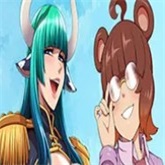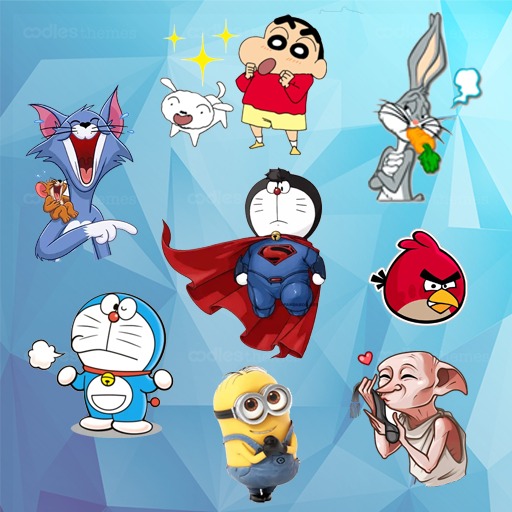The Marvel Cinematic Universe (MCU) has revolutionized entertainment with its interconnected narrative across films and TV shows, creating a cohesive story that has captivated audiences worldwide. However, Marvel video games operate in a different realm, with each game presenting its own unique story, unrelated to others. For instance, Insomniac's *Marvel's Spider-Man* series stands apart from Eidos-Montreal's *Marvel's Guardians of the Galaxy*. The upcoming titles like *Marvel 1943: Rise of Hydra*, *Marvel's Wolverine*, and *Marvel's Blade* similarly lack any shared universe connections.
Yet, there was a time when Disney toyed with the idea of establishing a Marvel Gaming Universe (MGU), aiming to mirror the MCU's success in the gaming world. So, what led to the abandonment of this ambitious project?

On *The Fourth Curtain* podcast, hosts Alexander Seropian and guest Alex Irvine shed light on the MGU concept they were involved with and why it ultimately didn't materialize. Seropian, known for co-founding Bungie and his work on *Halo* and *Destiny*, led Disney's video game division before departing in 2012. Irvine, a seasoned writer for Marvel games, contributed to the world-building and character development for *Marvel Rivals*.
Irvine reminisced about the initial excitement surrounding the MGU. "When I first started working on Marvel games, there was this idea that they were going to create a Marvel gaming universe that was going to exist in the same way that the MCU did," he explained. "It never really happened."
Seropian revealed that the MGU was his initiative, conceived before the MCU took off. "When I was at Disney, that was my initiative, 'Hey, let's tie these games together.' It was pre-MCU," he said. "But it didn't get funded."
Irvine, drawing from his experience with the innovative *Halo* alternate reality game *I Love Bees*, envisioned an MGU enriched with ARG elements. "That was so frustrating because we came up with all these great ideas about how to do it," he shared. "And I was coming out of ARGs at that point and thinking, 'Wouldn't it be cool if we had some ARG aspects?' There would be a place where players could go that all the games touched, and we could move them back and forth from game to game. We could link in comics, we could loop in anything, we could do original stuff. And then, as Alex said, it didn't get funded. So we made a bunch of games."
The MGU's failure to secure funding stemmed from its complexity. Irvine noted that the intricacies of maintaining a separate universe distinct from comics and movies posed significant challenges. "Even back then, we were trying to figure out, 'If there's going to be this MGU, how is it different from the comics? How is it different from the movies? How are we going to decide if it stays consistent?' And I think some of those questions got complex enough that there were people at Disney who didn't really want to deal with them," he explained.
It's intriguing to speculate on what could have been if the MGU had come to fruition. Perhaps *Insomniac's Spider-Man* games would have shared a universe with *Square Enix's Marvel's Avengers* and *Marvel's Guardians of the Galaxy*, featuring cross-game cameos and culminating in a grand, *Endgame*-style event.
Looking forward, fans are curious about *Insomniac's Marvel's Wolverine*. Will it share the same universe as *Marvel's Spider-Man*? Could characters from *Spider-Man* make appearances in *Wolverine*?
Unfortunately, the MGU remains a what-if scenario in the annals of gaming history. Yet, in some alternate universe, it might just be thriving.


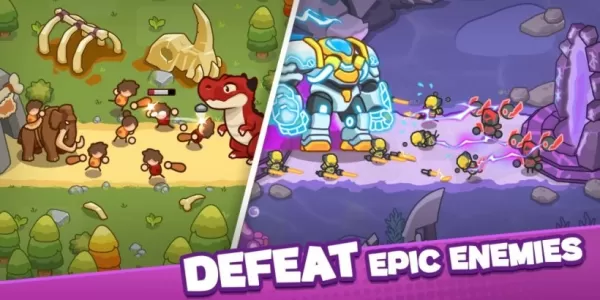
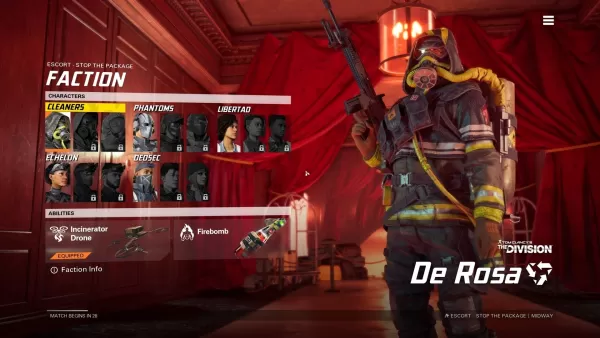
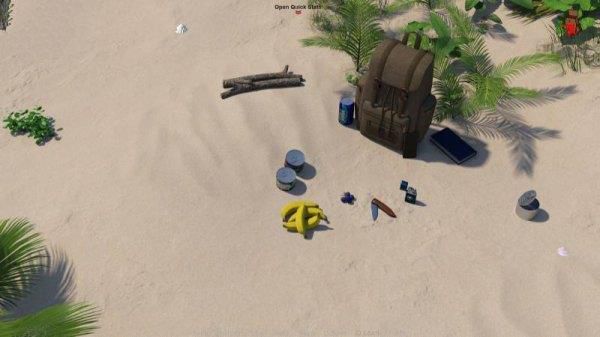
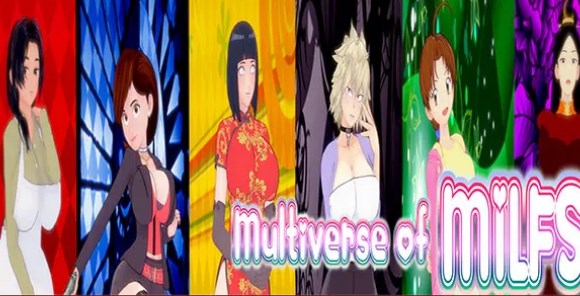

![NULL [Remastered]](https://imgs.39man.com/uploads/71/1719651062667fcaf6c483b.png)

